We Need to Talk about the History of Rape
It seems impossible to deny the ubiquity of sexualised forms of violence against gendered bodies, and that things need to change. We need to keep talking about it.

It seems impossible to deny the ubiquity of sexualised forms of violence against gendered bodies, and that things need to change. We need to keep talking about it.
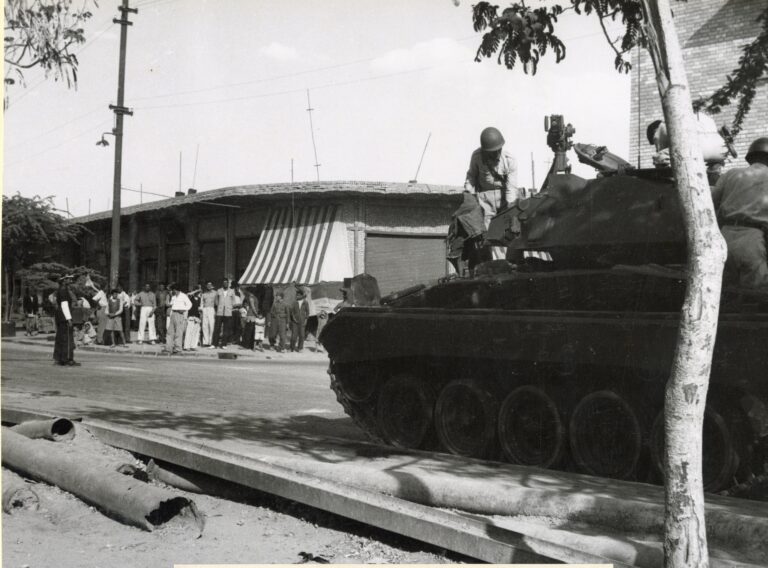
The 1951 Oil Strike in Iran is characterised by an unprecedented solidarity and collaboration between students and workers in their fight against colonial capitalism.
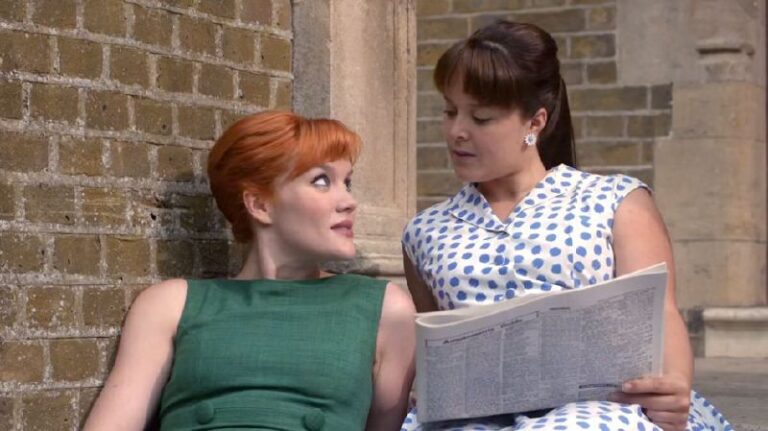
t best this leads to far too many people asking the average lesbian minding their own business: ‘But, how do you even have sex?’ At worst, it snowballs into misconceptions of the longevity of queer, gender, and even racial and disability emancipation movements throughout history.
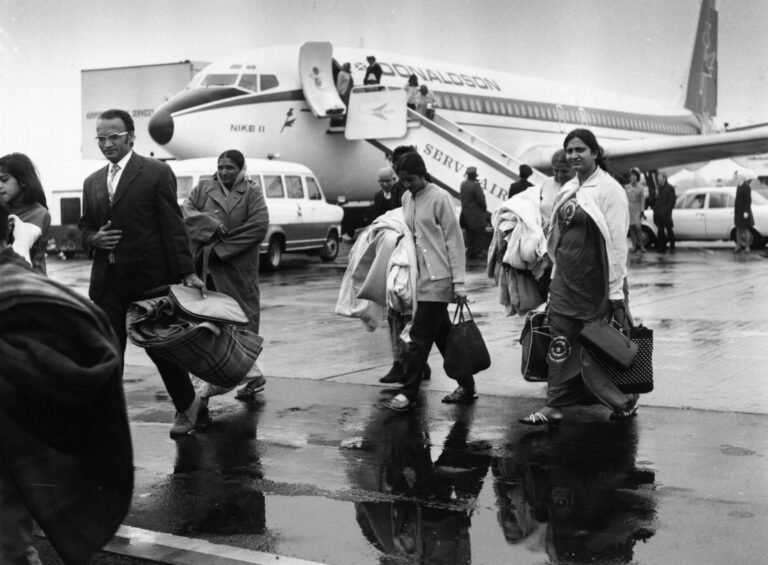
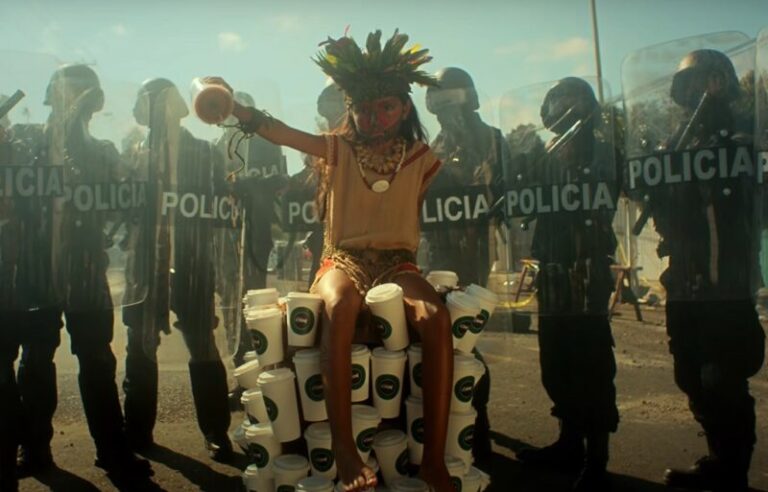
[Traducción al español incluida.] Ana Nenadović discusses Residente’s new single This is not America, establishing connections between the lyrics, the music video and relevant theoretical debates, and examining the contributions of creative practices to the decolonisation of our minds.

Listen to our two part episode about the Ramayana, the history of story telling, and the place of storytelling in history.
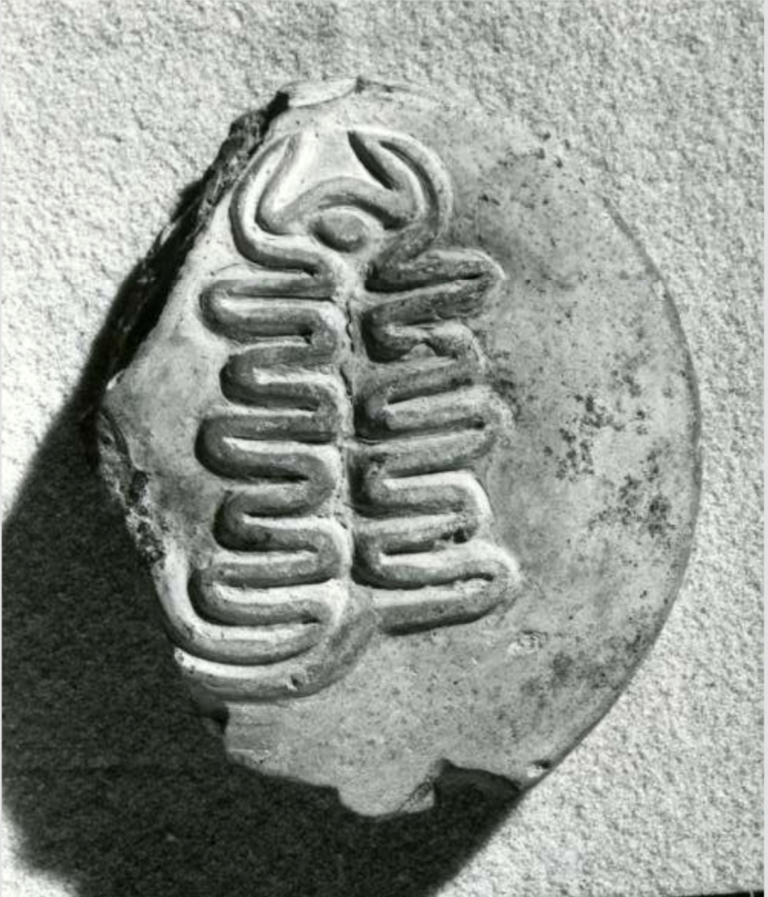
Many of the artefacts we see today in the ‘Ancient Near East’ collections of European and American museums were purchased in the late 19th and early 20th century from dealers who specialised in smuggling archaeological artefacts to Europe from Baghdad.

More about this episode Samples of music in this podcast have been for research and academic discussion only. Podcast transcript This is a SOAS History Blog Podcast. In this installment, we bring you Walter Rodney Prize winner Saffa Khalil discussing her award-winning dissertation with SOAS staff member Henny Ziai. For further information about the music…
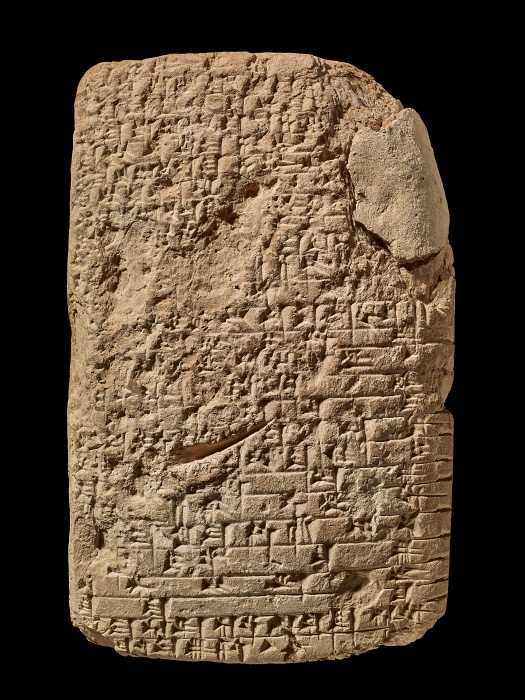
The diaries of steamship officer and artefact trader Joseph Svoboda reveal both the personal and political sides of archeological trading in the late 19th t early 20th centuries.
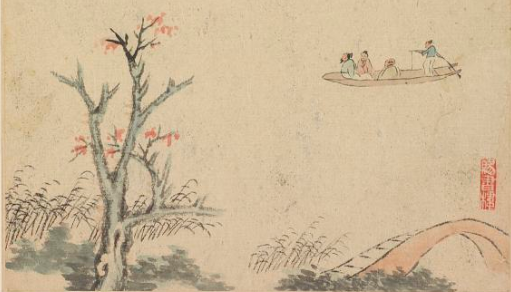
What happens if the histories of epidemics and other environmental factors are taken seriously? Will it change our understanding of historical processes?